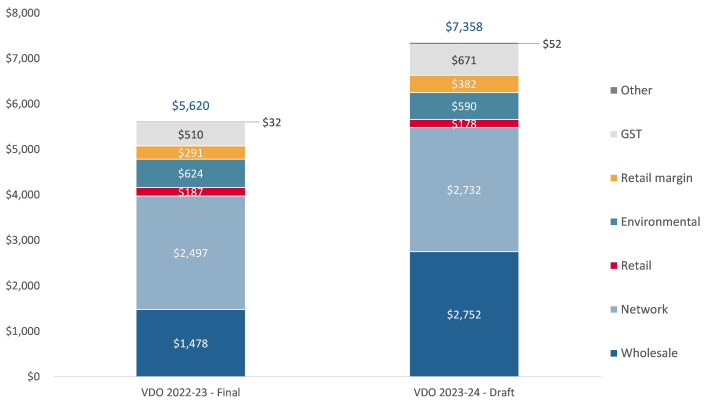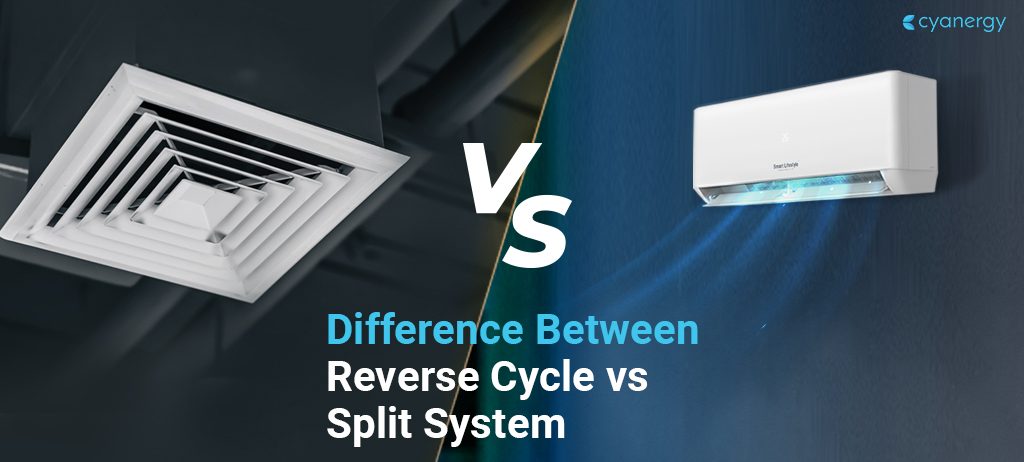Small businesses in Victoria are facing financial hardship. Reports show a rise in energy prices. Default offers add an extra $1,700 to energy bills.
Small businesses are facing increasing costs. These costs are difficult for some businesses to cover due to a lack of resources. This could cause a decrease in profits.
This could have a widespread impact on the local economy. Job losses and reduced consumer spending may occur as a result.
The government must intervene to create a fair energy price structure. This will safeguard the livelihoods of SMEs (Small and Medium Enterprises) and the people they serve. The energy bill crisis has caused worries among small business owners. They are already struggling with the effects of the COVID-19 pandemic.
The Default Market Offer (DMO)
The Default Market Offer (DMO) is a price cap. It was introduced by the government in 2019. Its purpose is to protect consumers from paying excessive energy bills. However, the DMO has had an unintended consequence, particularly for small businesses.
Under the DMO, energy providers are required to offer a default rate for electricity and gas to households and small ventures. The Australian Energy Regulator (AER) sets the default rate for energy. This rate is intended to be a fair price for energy in the market.
However, the default rate is often higher than the market rate, which means that many SMEs are paying more than they should for their energy bills. This is particularly true for companies that are too small to negotiate better rates with energy providers.
PROJECTED COST INCREASES ASSOCIATED WITH THE VICTORIAN DEFAULT OFFER. SOURCE: ESSENTIAL SERVICES COMMISSION
The Impact on Small Businesses
Small businesses are already struggling to stay afloat due to the economic impact of the COVID-19 pandemic. The energy bill crisis has added to their woes, with many small businesses facing a significant increase in their energy bills.
Under the Default Market Offer (DMO), a typical Victorian small business can expect to pay an additional $1,700 per year for its energy bills. This is due to an increase in energy prices that have been set by the Victorian Government.
The increase in energy prices is a result of the DMO, which is designed to provide more transparency and better value for Victorian energy customers.
The increased cost of energy bills is expected to be more than offset by the improved customer service and better value provided by the DMO. This is a significant amount for small businesses that are already struggling to make ends meet.
Businesses also need help in switching to better energy deals. Many energy providers require a minimum usage threshold for businesses to be eligible for better rates. This means that small businesses that do not use a lot of energy cannot switch to better deals.
What can Small Businesses do?
SMEs that are struggling with high energy bills should consider the following options:
Compare energy providers: Businesses should compare energy providers to find the best rates. They should look beyond the default rate and explore other options that may be available.
Reduce energy usage: Small businesses can reduce their energy usage by implementing energy-efficient measures. This can include things like switching to LED lighting, and commercial heat pumps , using energy-efficient appliances, and turning off equipment when not in use.
Implement renewable energy sources: SMEs can also consider implementing renewable energy sources, such as solar, wind, and geothermal. Installing renewable energy sources can help reduce energy bills and provide businesses with a long-term source of energy.
Small businesses can benefit from investing in energy management systems. These systems can monitor energy usage and pinpoint areas where energy can be saved. This can help businesses reduce energy costs and become more energy efficient.
Small businesses should consider seeking advice from energy consultants. These professionals can help them find the best energy deals and implement energy-efficient measures.
The energy bill crisis is a significant concern in Australia. However, by taking proactive steps, businesses can reduce their energy bills and stay afloat during these challenging times.









